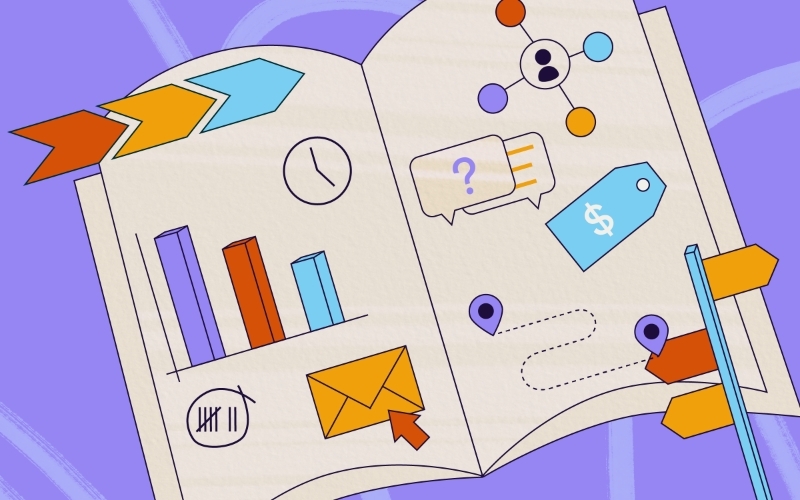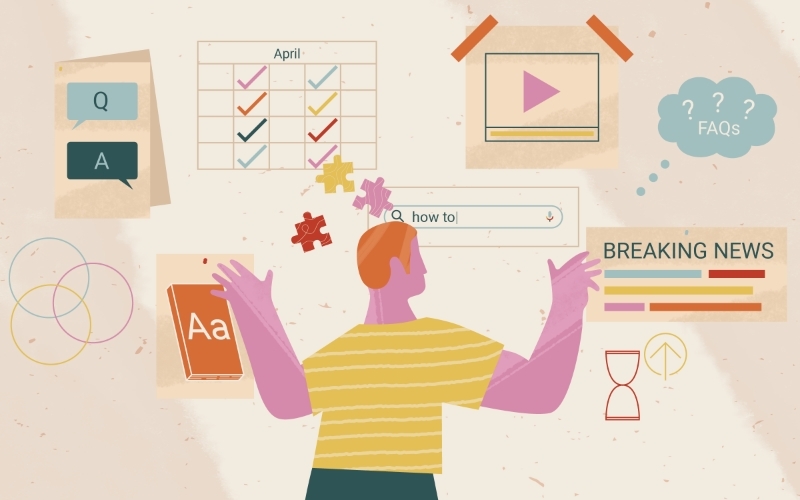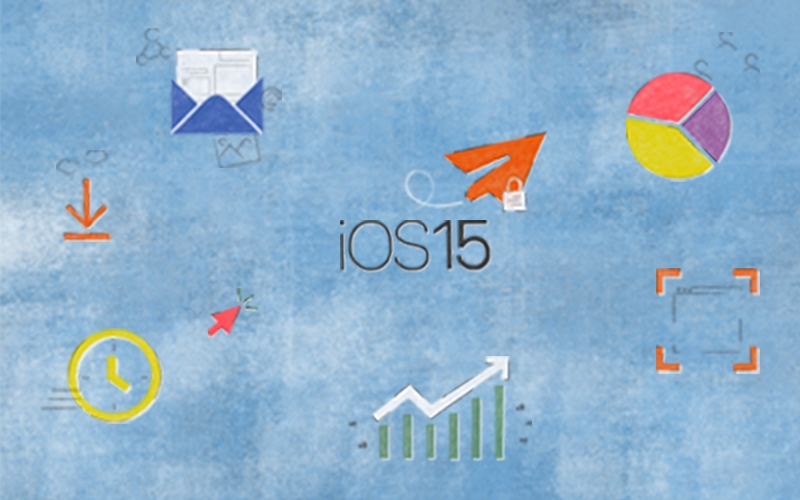Marketing Automation

Marketing automation, you guessed it, automates repetitive processes such as email and ad campaigns, streamlining efforts and providing a more personalized experience. Smart businesses use it to tackle big challenges and put their data to work. But marketing automation is a vast field with plenty of different capabilities and differentiation factors, which makes it easy to be overwhelmed once you dig below the surface.
Fear not! We’ve put together four key considerations for optimizing and taking your marketing automation strategy to the next level, so you can act with confidence and rise above the competition.
1. Invest in a CRM Solution that Works for Your Business
Customer relationship management solutions are technologies that store and manage companies’ interactions and relationships with customers and prospects. There are dozens of different CRM solutions to be found online, including platforms such as:
HubSpot
Salesforce
Microsoft Dynamics
Pipedrive
Oracle NetSuite
These are just a handful of the most popular services in the automation space. Of course, it’s important to do some research and understand which solutions best meet your needs. An effective CRM should allow you to capture the most important information on your current and potential customers, so you can stay up to date with your audience. Certain CRM platforms are more suited for larger companies, while smaller organizations may benefit from a different solution.
Remember, the right CRM will allow you to target your customers and prospects through media platforms, understand what channels are generating leads, capture and nurture those leads, prioritize sales outreach with lead scoring and, ultimately, increase customer loyalty. If you identify a solution that does all of this effectively, you have found the right platform.
2. Build a Robust Email Marketing Plan
Email marketing, one of the best methods for reaching your customers, is a form of direct marketing that promotes your products and/or services. Using the information you have about your customers in your CRM, you can send them targeted and personalized messages including educational content, product and services information, how to make a purchase and more.
Coincidentally, you can use automation to take your email outreach even further. Email automation allows you to use predefined rules to trigger email messages based on specific actions customers take (or don’t take, for that matter).
Here are a few examples of email automation messages that you can use:
Welcome emails
Abandoned cart item emails
Form submission follow-up emails
Nurture campaigns tailored to the buyer’s journey
Effective email marketing and automation will help your brand build a personalized relationship with contacts by tailoring messages to their respective stage in the buyer’s journey. Automating certain email outreach can help you seamlessly maintain a relationship with current and potential customers — and you can even construct your automated messages to make them more personal.
A strong email marketing and automation program can benefit your business in a number of ways. Email marketing establishes trust with customers and prospects, leading to longer customer lifetime value. Meanwhile, email automation allows you to scale your email marketing strategy, provides personalized customer experiences, eliminates repetitive tasks, and enables timely and efficient lead follow-ups.
Long story short, building out a strategic plan for email marketing is well worth the investment.
3. Enable Your Sales Team with CRM Functionality
Despite having “marketing” in its name, marketing automation can also be beneficial for your sales team — with the proper guidance, that is.
Your sales team can leverage your CRM and automation strategy in the following ways:
Lead scoring and qualifying for optimized outreach
Alignment of marketing and sales processes and goals
Lead generation capabilities
Sales email templates and automation paths
Automated personalized outreach
Pipeline tracking and forecasting
All of these tools and capabilities can result in more optimized and effective outreach for sales. While members of your sales team may be conducting different kinds of outreach than your marketers, these functions can help both teams stay in sync and enable a more cohesive marketing-to-sales handoff.
4. Utilize Data Collection to Learn Your Audience and Provide a Consistent Experience Across Channels
Any marketing automation strategy is made or broken by the strength of the information at your disposal.
Properly collecting and managing customer information can take your marketing automation to new heights with tools such as:
Campaigns to collect data about customers and prospects
Tailored data collection with custom fields
Automated data entry
Up-to-date and accurate contact and company records
Buyer personas to help with targeted outreach
Life cycle stages to track the customer journey
CRM systems are flexible tools, especially when you realize all of their different uses outside of marketing outreach. By collecting the right data, you will be able to use your CRM to automate tasks that can be tedious to do manually or have a high chance of human error. You will also gain greater insights into your customer base and provide a more cohesive experience across all marketing channels.
Marketing automation is ever-evolving, meaning there will always be ways to improve your strategy and usage. By keeping these tips in mind, you’ll be able to continuously iterate on your plan and keep your team on top and your business growing — all with little to no manual input.


